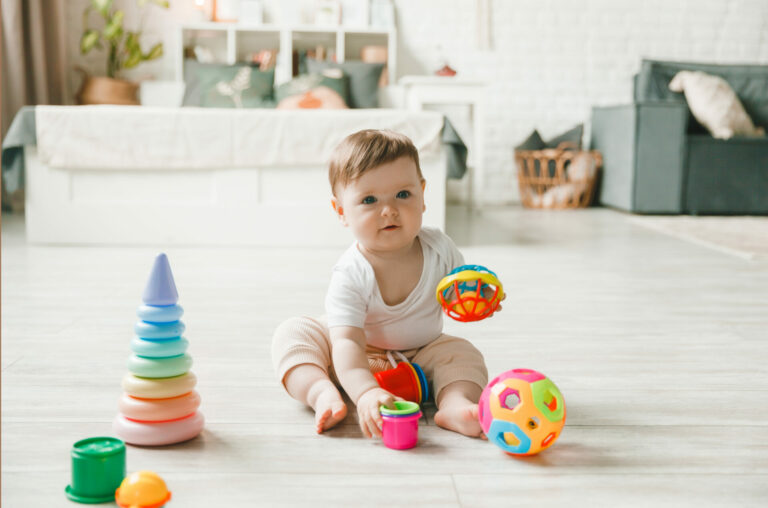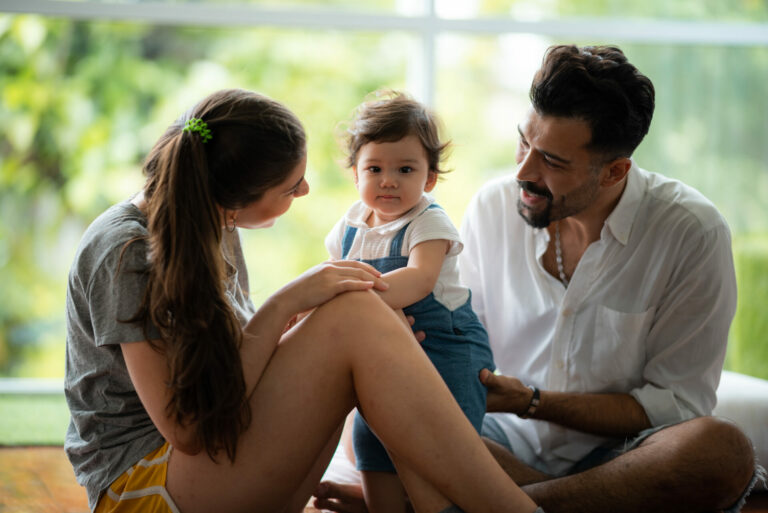So, if you’re mad get mad
Don’t hold it all inside
Come on and talk to me now
I’ll Stand By You, Carrie Underwood
Loss is a 4-letter word. Grief… well, it should have been a 4-letter word. Many of us will do anything to avoid it—our own and especially someone else’s grief. Let’s face it though, grief is a universal experience; none of us can get through life without loss and therefore grieving. Our first experiences with loss occur in infancy. We lose the comfort and predictability of the womb and having our needs met round the clock. Then we lose the luxury of adults (and older siblings!) guessing what we want or need and taking care of it for us. Then comes losing our favorite toy or blankie.
Okay, if I didn’t lose you at blankie, let me explain. Those losses might seem incredibly trivial compared to the losses you’ve experienced – friends, loved ones, entire homes of belongings, your dream job, a spouse – but they are the first encounters with loss and the emotions of grief. And that first encounter feels like the worst pain ever, because it is. Until it’s not. Something bigger and worse happens, and our grief changes. How those around us handled our grief during these first encounters set the framework for how we view loss, grief, and the process of grieving, for the rest of our lives.
What are your first memories of loss and grieving? Were there adults that honored your grief and allowed you to feel all the feelings that came up? Or were adults telling you to get over it, or that it wasn’t a big deal? What about your first memories seeing others handle loss? Did you see them cry, seek support, remember what or who was lost? Or did you see them stuff it deep down inside and move on like the loss never happened? Or did you see adults fill their grieving hearts with shopping, eating, alcohol, or drugs?
Our own early or significant memories about loss and grieving shape what we think is appropriate, or not, in ourselves, as well as those around us. If you’re struggling to connect with a child, friend, or relative who is grieving, it might be worth doing a self-inventory of your beliefs about grief. Does their grieving process fit with your beliefs or is it conflicting, and therefore uncomfortable for you? Recognizing that there is no one right way to grieve can free you from shame and guilt and allow you to give others the space to grieve in the ways they need as well.
Blessed are those who mourn, for they will be comforted. Matthew 5:4
Lecturas recomendadas
So, if you’re mad get mad
Don’t hold it all inside
Come on and talk to me now
I’ll Stand By You, Carrie Underwood
Loss is a 4-letter word. Grief… well, it should have been a 4-letter word. Many of us will do anything to avoid it—our own and especially someone else’s grief. Let’s face it though, grief is a universal experience; none of us can get through life without loss and therefore grieving. Our first experiences with loss occur in infancy. We lose the comfort and predictability of the womb and having our needs met round the clock. Then we lose the luxury of adults (and older siblings!) guessing what we want or need and taking care of it for us. Then comes losing our favorite toy or blankie.
Okay, if I didn’t lose you at blankie, let me explain. Those losses might seem incredibly trivial compared to the losses you’ve experienced – friends, loved ones, entire homes of belongings, your dream job, a spouse – but they are the first encounters with loss and the emotions of grief. And that first encounter feels like the worst pain ever, because it is. Until it’s not. Something bigger and worse happens, and our grief changes. How those around us handled our grief during these first encounters set the framework for how we view loss, grief, and the process of grieving, for the rest of our lives.
What are your first memories of loss and grieving? Were there adults that honored your grief and allowed you to feel all the feelings that came up? Or were adults telling you to get over it, or that it wasn’t a big deal? What about your first memories seeing others handle loss? Did you see them cry, seek support, remember what or who was lost? Or did you see them stuff it deep down inside and move on like the loss never happened? Or did you see adults fill their grieving hearts with shopping, eating, alcohol, or drugs?
Our own early or significant memories about loss and grieving shape what we think is appropriate, or not, in ourselves, as well as those around us. If you’re struggling to connect with a child, friend, or relative who is grieving, it might be worth doing a self-inventory of your beliefs about grief. Does their grieving process fit with your beliefs or is it conflicting, and therefore uncomfortable for you? Recognizing that there is no one right way to grieve can free you from shame and guilt and allow you to give others the space to grieve in the ways they need as well.
Blessed are those who mourn, for they will be comforted. Matthew 5:4




